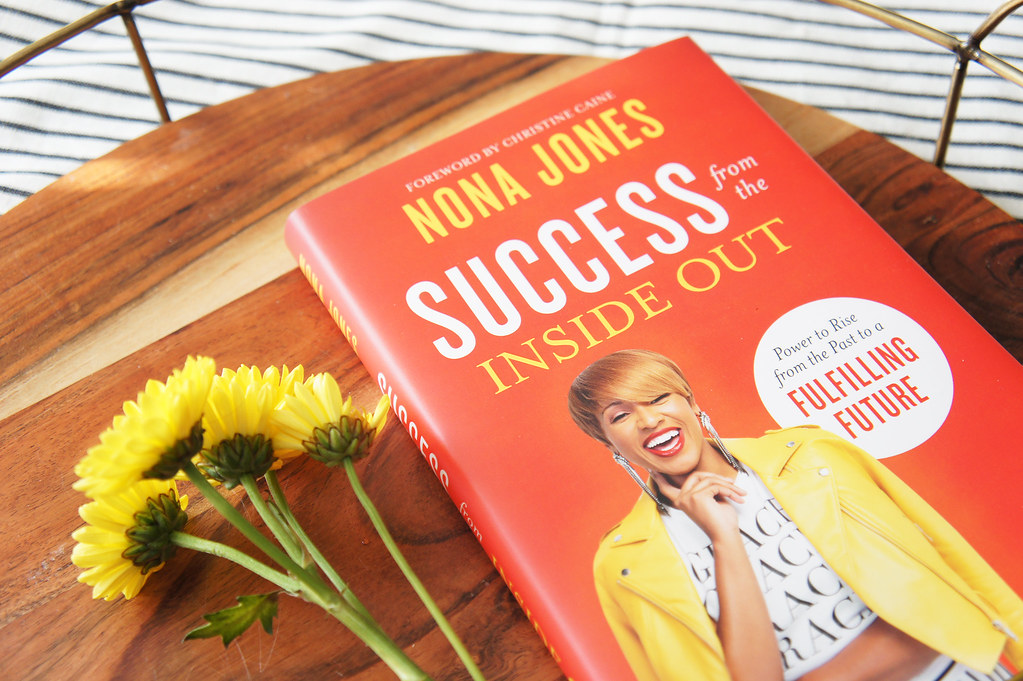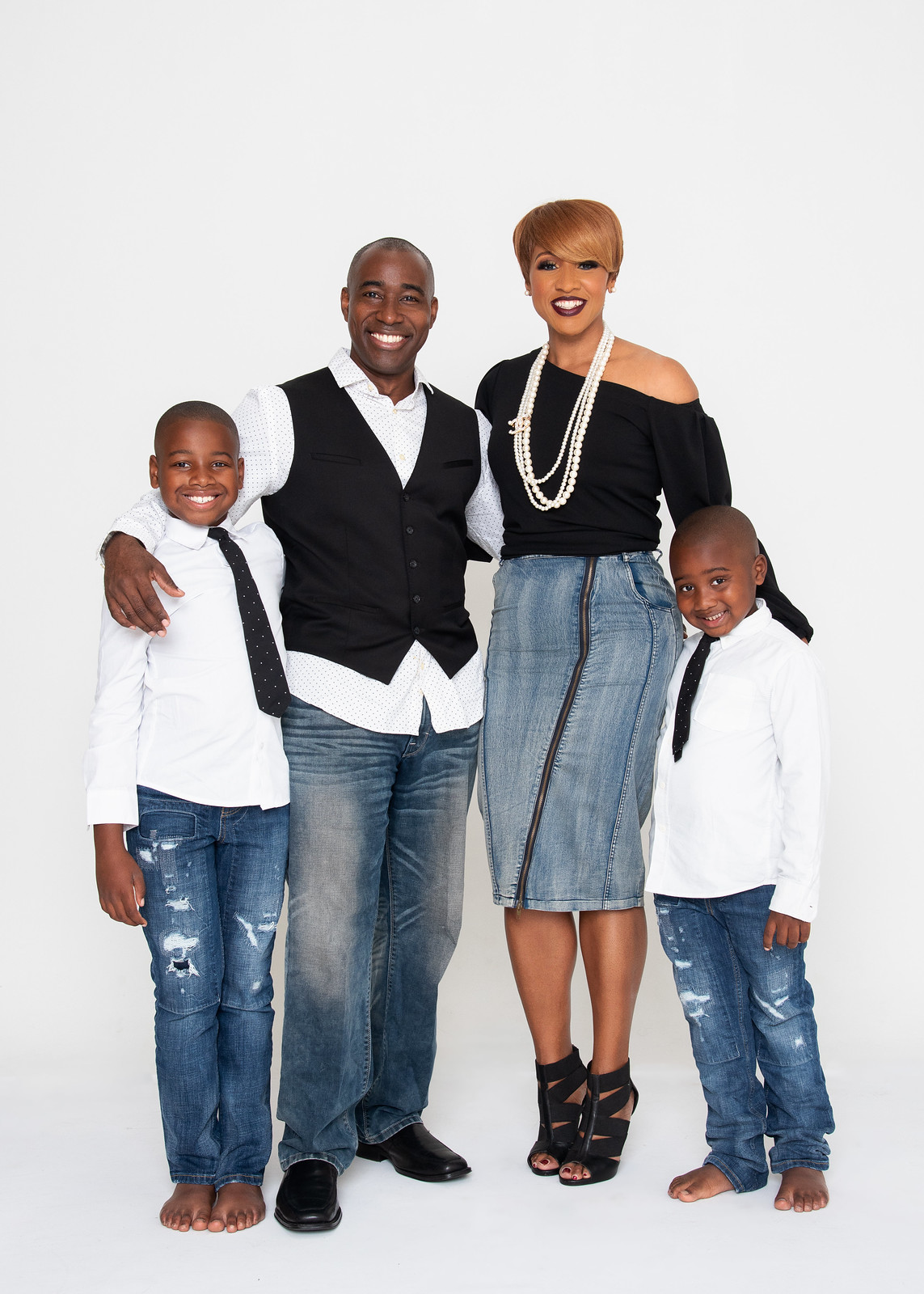Right now our nation and world is wrestling with questions of race, injustice and centuries of pain experienced by and inflicted on African Americans. Nona Jones has attained success in the corporate world and church world by navigating spaces where she is often the only Black person and her unique perspective is instructive to all of us who seek to be allies in the work of righting the wrongs of the past and present. It’s a grace to welcome Nona to the farm’s front porch today…
I was eight years old the first time I was called a nigger.
I was playing basketball with a white neighbor who was a few years older than me and I somehow managed to score a basket despite being entirely uncoordinated and unfamiliar with the game.
While in a hazy glow of happiness for my good fortune, he turned around, looked me square in my little face and said, “so what! You’re just a nigger anyway,” before storming into his house.
I didn’t know what that word meant, but the way he said it told me it wasn’t good.
I picked up my bike from off of the ground and rode the few blocks home prepared to ask the question many black children have asked unprepared black parents.
I found my mom laying across her bed and said, “Mom, what’s a nigger?”
She glared at me with an intensity that scared me as her eyebrows furrowed and her lips curled into a frown. “Where did you hear that word,” she asked.
“Scottie said I was a nigger.”
She gathered herself, stood up and walked past me to the front door. Once she reached it, she turned to look over her shoulder at me and said, “come on.”










I followed my mother as we made our way back to his house.
She knocked on the door and, when his father opened it, my mother said, “your son thinks my daughter is a nigger. Where did he get that from?”
His father turned bright red and struggled to respond without stuttering and stammering. He shared his shock and confusion, then said he would have a talk with his son because, “I don’t know where he could have gotten that from.”
As I reflect on the arc of my life as a black woman raised in a predominantly white neighborhood who attended predominantly white schools and worked in predominantly white organizations at senior levels of leadership where I was usually the only black person in a decision making chair, I’ve come to believe that many people “don’t know where he could have gotten that from.”
But while many have made this statement… few have actually asked the question; where could he have gotten that from?
My children attend a private Christian school. It’s important to me and their father that they have a Christian world-view; one that understands and trusts the Word of God to be true.
I had noticed that the school didn’t celebrate Black History Month in February, and when I asked about it, I was told they didn’t observe any heritage months.
I thought that was odd, but decided not to press it. Instead, I made it a point to invest in my son’s learning of their own heritage by taking them to places like Washington, DC, Atlanta, GA, and Detroit, Michigan to visit places key to the black experience in America.
I bought them countless books about their history, games about black heritage, and even joined a monthly subscription program that delivers child-friendly resources spotlighting different black figures throughout history.
One day my third grader came home from school and I asked him what he had learned in school that day. “We learned about Robert E. Lee,” he said.
Intrigued I asked, “oh really? What did you learn?” My sweet, eight-year-old boy looked up at me with bright, twinkling eyes and said, “we learned that he was a great General and loved Jesus.”
My heart sank. “What? Can you bring home your history book tomorrow,” I asked. He nodded yes. And when I finally read what my little boy was being taught, I was incredulous.
Right before my eyes, in black and white, I read the words “The Northern and Southern states had been arguing for a long time. Part of the argument was over slavery in the South. Although Robert E. Lee was a southerner, he thought it was wrong to own slaves. The biggest part of the argument was over the rights each Southern state thought it should have.
For four years, General Lee and his soldiers fought a brave fight. Although General Lee was very wise, the Union army was much bigger and stronger. Lee has to give up. The North won the Civil War. But both the North and South agree that like General George Washington, General Robert E. Lee was one of the greatest American generals who has ever lived.”
My little boys, my beautiful black little boys, were being taught that the man who fought to keep them in the chains of slavery was… great.
My little boys, my black little boys, were being taught that Confederate soldiers who raped their great great grandmothers, murdered their great great grandfathers fought… bravely.
This is where Scottie got it from.
This is where America got it from.
The idea that racism isn’t real and isn’t true is etched in the black and white words of history books that so grossly stretch the truth of our past they are more science fiction than history.
And for me, a black woman privileged to teach the bible around the world in predominantly white spaces, I have prayed for a day like today.
A day when my white brothers and sisters would begin to ask the question “where could we have gotten this from?”
This idea that racism isn’t real.
This idea that black people are collectively hallucinating.
The idea that injustice is simply a misunderstanding when, in fact, it’s an issue of design.
Right now we have an opportunity as a body of Christ to confront and dismantle racism in America once and for all, but strongholds require the denial they exist to persist.
My prayer and plea to every person is that we will get beyond statements to ask questions.
When our experience doesn’t allow us to understand someone else’s, that doesn’t give us license to say their experience isn’t real; it gives us an invitation to experience it for ourselves.
When the Lord asked Cain in Genesis 4:9 where his brother Abel was, Cain’s response was telling.
Not only did he say “I don’t know,” he added “Am I my brother’s keeper?” Cain was annoyed at the idea that he would be asked about the welfare of his brother, but the fact that God asked him the question should give us all a glimpse into the heart of our Savior.
God knew where Abel was; in verse 10 God told Cain that Abel’s “blood cries out to me from the ground.”
God is asking us all the same question; where is your brother? Where is your sister? Will you, like Cain, shrug off responsibility or will you, like God, be moved by their cries?
By our cries.
Jesus said we wouldn’t be known as His disciples based on our grasp on the complexities of theology or our perfect attendance at church services or the number of projects we volunteer for.
He said in John 13:35, “By this everyone will know that you are my disciples, if you love one another.”
May we show the world whose we are by our love for one another.
Nona Jones is a rare combination of author, speaker, preacher, pastor, business executive and worship leader. She is the Founder of Faith & Prejudice, a movement for Christians who are committed to loving and leading with radical humility while confronting and dismantling racism in America.
In Success from the Inside Out, Nona Jones takes you on a personal journey to discovering the difference between success that empties, and success that fills.
Many of us aspire to achieve position, wealth, and notability in the hopes that those things will erase the pain of the past. But for those like Nona Jones who have experienced trauma, success requires more than a changed mindset–it requires repairing a broken spirit.
She is the author of Success from the Inside Out, a memoir that shared her story of overcoming a childhood of physical and sexual abuse to become a global voice of hope for trauma survivors.








